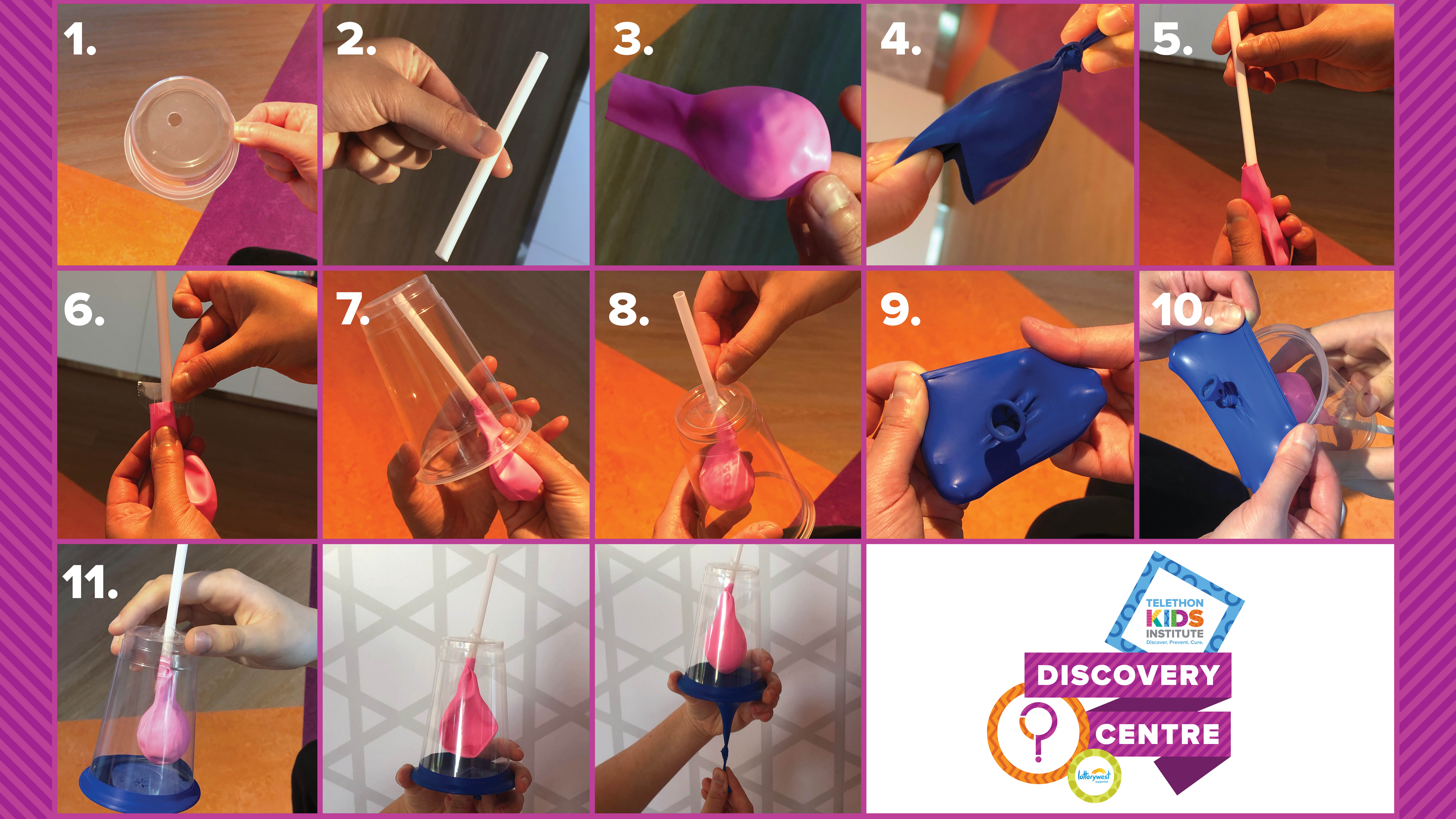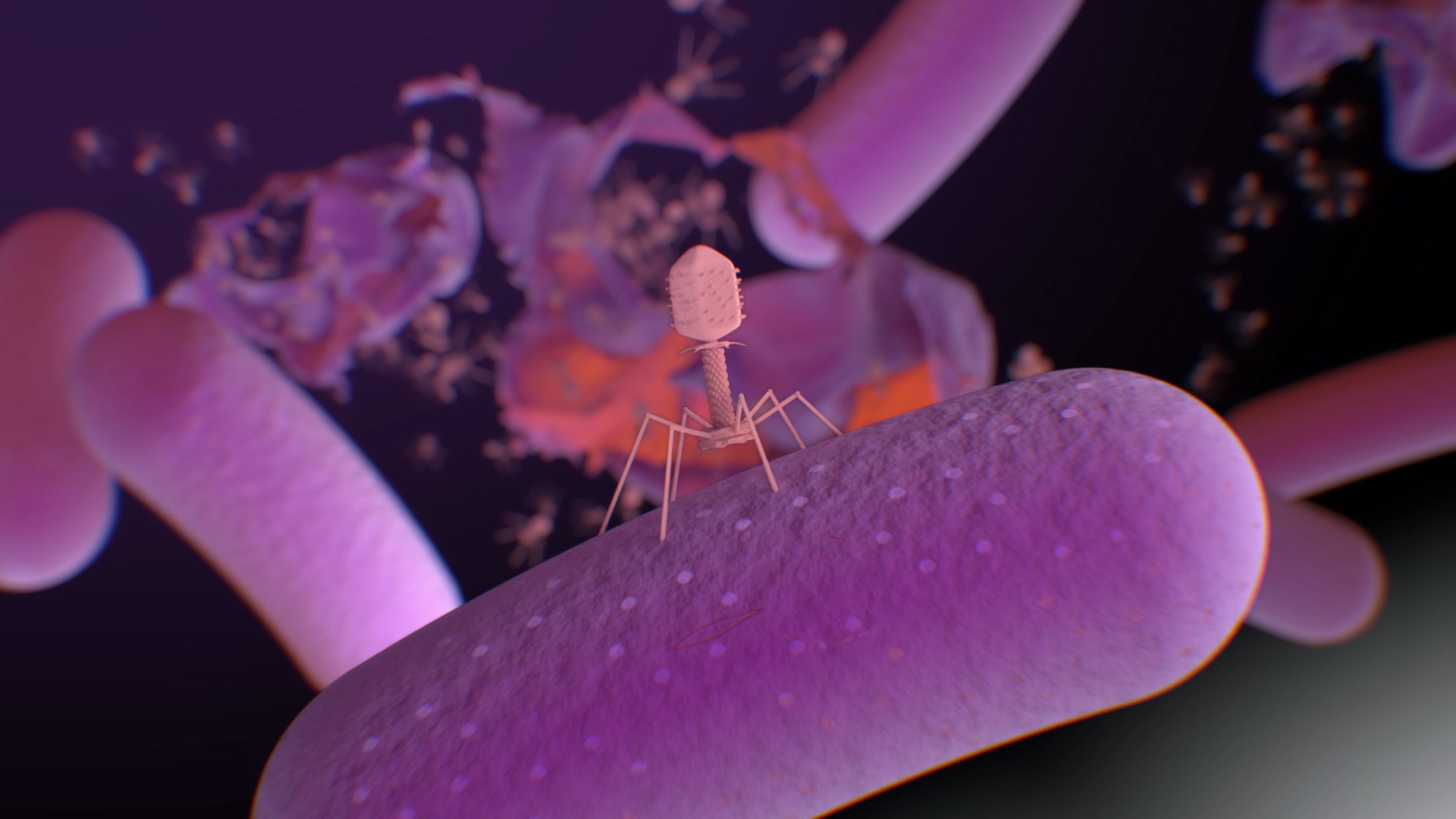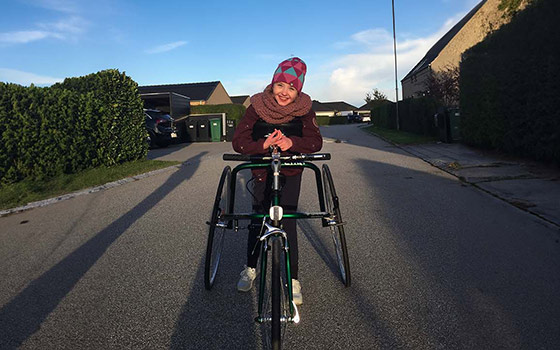Search
Showing results for "early life"
Research
Discovery of 42 genome-wide significant loci associated with dyslexiaReading and writing are crucial life skills but roughly one in ten children are affected by dyslexia, which can persist into adulthood. Family studies of dyslexia suggest heritability up to 70%, yet few convincing genetic markers have been found.
Research
A psychometric evaluation of the Connor–Davidson Resilience Scale for Australian Aboriginal youthThere is a paucity of quantitative measures of resilience specifically validated for young Aboriginal people in Australia. We undertook the first investigation of validity and reliability of the Connor-Davidson Resilience Scale in a sample of Australian Aboriginal people, with a focus on youth. We conducted a cross-sectional study of resilience among a sample of 122 Aboriginal youth (15–25 years old) in New South Wales and Western Australia, featuring self-completes of the 10-item CD-RISC in online (N = 22) and face-to-face (N = 100) settings.

News & Events
What’s in the air for AERIAL: ORIGINS Study publishes protocolORIGINS Study publishes protocol

Have you ever wondered how your lungs work? Researchers from our Children’s Lung Health Team show you how to make a simple lung model by using common household items.

We've compiled a number of helpful links to phage resources in Australia and beyond.

We aim to ensure that high quality outcome measures are available to evaluate treatments and services for children with disability rigorously. We aim to translate our research into resources to support families, carers and clinicians.
Research Office Coordinator required to provide operational, strategic and administrative support to Professor Andrew Whitehouse in Perth
Research
Self-harm: Prevalence estimates from the second Australian Child and Adolescent Survey of Mental Health and WellbeingThe demonstrated higher risks in young people for continued harm or possible death support the need for ongoing initiatives to reduce self-harm
Research
Introducing ‘Young Minds Matter’This article describes the survey, the response rates achieved and the representativeness of the sample for the Young Minds Matter survey
Research
Development of an International Database for a Rare Genetic Disorder: The MECP2 Duplication Database (MDBase)The natural history of MECP2 duplication syndrome (MDS), a rare X-linked neurodevelopmental disorder with an estimated birth prevalence of 1/150,000 live births, is poorly understood due to a lack of clinical data collected for research. Such information is critical to the understanding of disease progression, therapeutic endpoints and outcome measures for clinical trials, as well as the development of therapies and orphan products.
